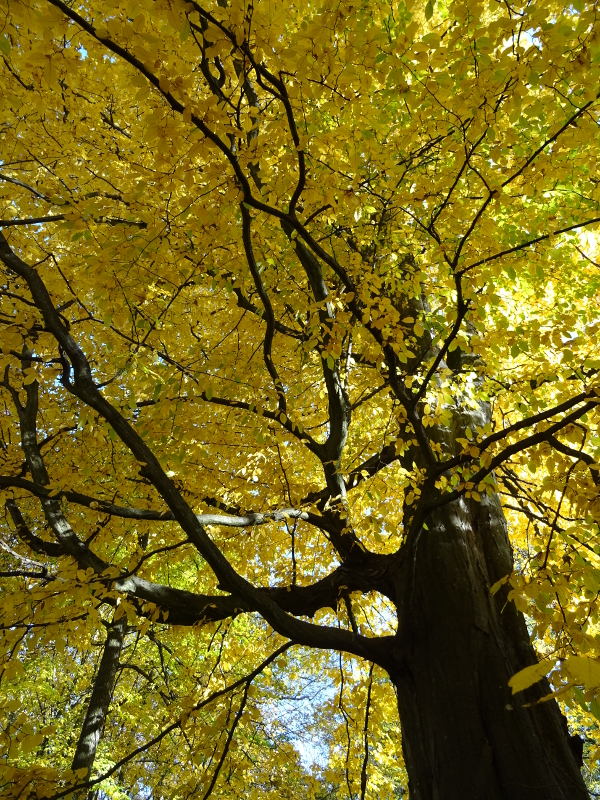 When I started writing this post two weeks ago, it was a perfect autumn day, blue sky and mild, still air. The trees were resplendent in their autumn coats of every shade from red to gold to green, russet squirrels leapt effortlessly from branch to branch and a few leaves drifted lazily down to join the colourful carpet below. As I biked through the city, it was easy to practice hope.
When I started writing this post two weeks ago, it was a perfect autumn day, blue sky and mild, still air. The trees were resplendent in their autumn coats of every shade from red to gold to green, russet squirrels leapt effortlessly from branch to branch and a few leaves drifted lazily down to join the colourful carpet below. As I biked through the city, it was easy to practice hope.
Today, it’s another blue-sky day but the few leaves left on the skeletal trees outside my window are brown and the air is much colder, the mornings misty. Germany has entered into “lockdown light” in attempt to stem rising Covid numbers. Across the Atlantic, the outcome of the USA election is clear but how the transition will play out is very uncertain. Today it’s more difficult to practice hope.
The activist Mariame Kaba wrote that hope is a discipline, not an emotion. We must consciously practise hope, and we can improve at it – which is helpful to remember in such uncertain times. When I feel hopeless, I don’t beat myself up for it, but instead actively work to practise hope. I do yoga or go for a bike ride. I turn off mainstream news and social media, look instead at Positive News and other sources that offer an antidote to the bombardment of doom and gloom. I read hopeful books. I make contact with friends and family. I remind myself that this time will pass and I focus on things that are good not only for me but for others and for the planet.
Whatever we give attention to, we nurture and encourage. We mustn’t ignore the terrible things that are happening in the world, but if we forget to give attention to the positive things, they struggle to flourish. That’s why I’m part of networks such as the Magdalena Project, Faces and the Eclectic Tech Carnival that counter patriarchal institutions by creating and modelling feminist alternatives. These and other networks allow me to practise hope collectively, and that in itself is an act of hope.
Just today my discipline has made a small improvement to my sense of hope. I’ve got a slipped disc, which has forced me to make significant adaptations to my yoga practice including not doing two of my favourite asasnas – headstands and shoulder-stands – because getting into the pose was too painful. But today, feeling stronger in my lower back, i made a careful attempt a headstand and found that I can once again get my legs up without pain! The discipline of daily “Krankengymnastik” (physio exercises) since August has paid off and I can finally start to hope that my back is eventually going to get better.
Hope is indeed a discipline. Let’s all practise it, and never give up!